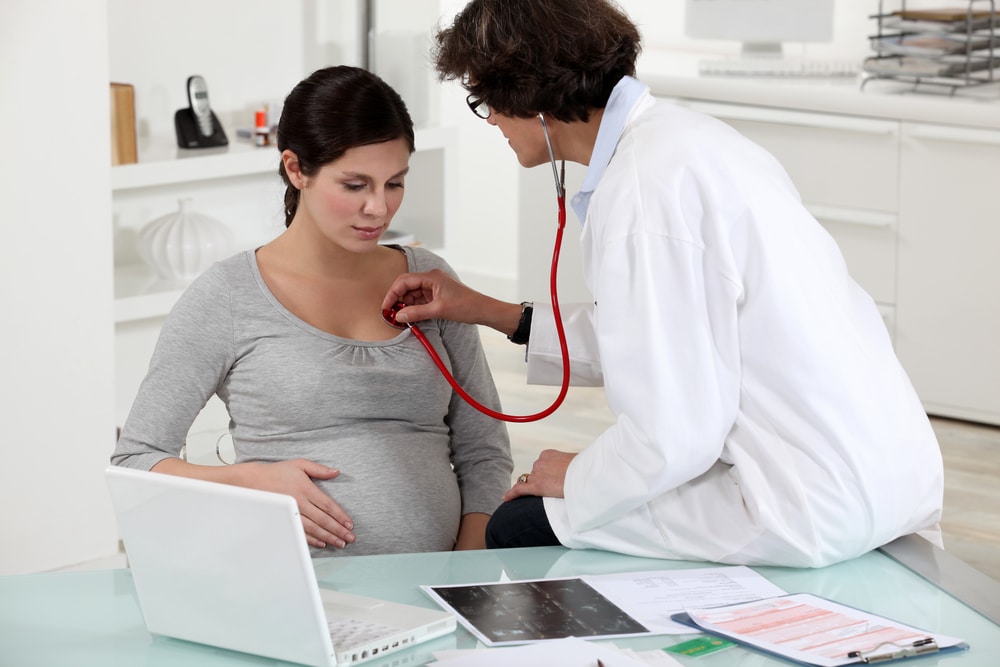In contemporary society, the pregnant woman has much more information about delivering healthy long-lived new-borns. Recent research has connected maternal iron deficiency during early pregnancy greater chance that the new-born will have thyroid-related conditions. Both scientific research results and case study narratives describe this relationship. Once again the importance of early prenatal care which includes testing for iron deficiency needs to occur as soon as possible. Pregnant women who desire healthy newborns need to take seriously the need for a well informed medical care team if they want their new-born to develop properly before delivery. Staying abreast of articles such as this will give both mother and child a better opportunity for long and healthy lives. Questioning their pregnancy care team on issues such as iron-deficiency testing early on empowers the mother to change her diet and/or take a supplement to ensure a healthy baby.
Key Points:
- 1Over one-third of pregnant women had iron deficiencies in their first trimester, which were likely to be associated with increased risk of thyroid-related conditions.
- 2A measurement of ferritin should be performed ideally before, but certainly during, the first trimester of pregnancy.
- 3Other investigators have already shown that iron deficiency should be corrected during pregnancy for several obstetrical reasons, beyond the association with thyroid problems.
Over one-third of pregnant women had iron deficiencies in their first trimester, which were likely to be associated with increased risk of thyroid-related conditions, a small Belgian study found.
Read the full article at: https://www.medpagetoday.com/Endocrinology/Thyroid/59287










Reply